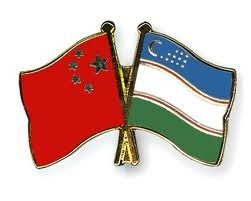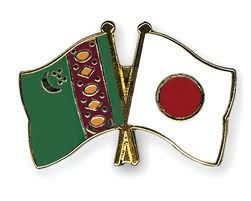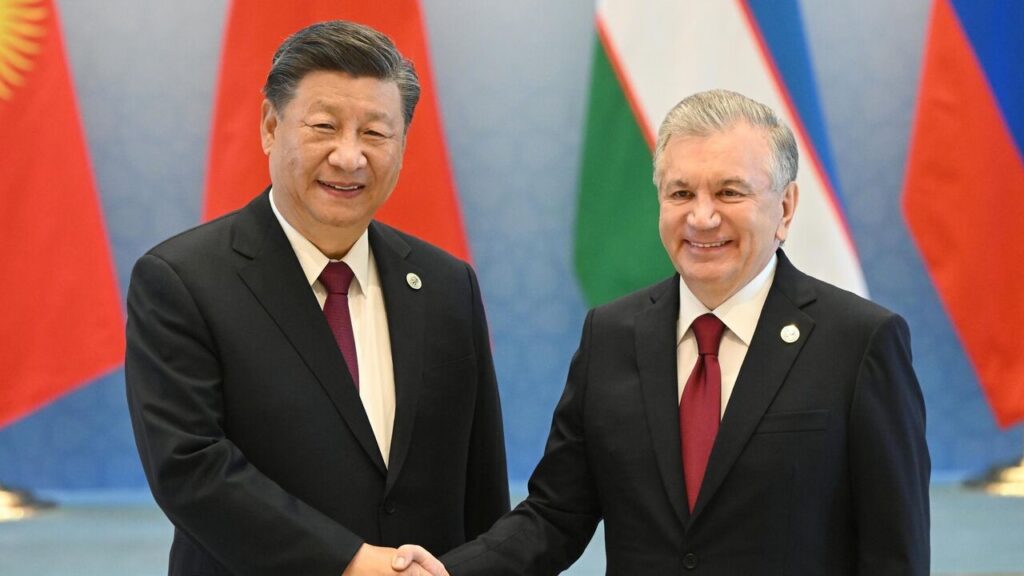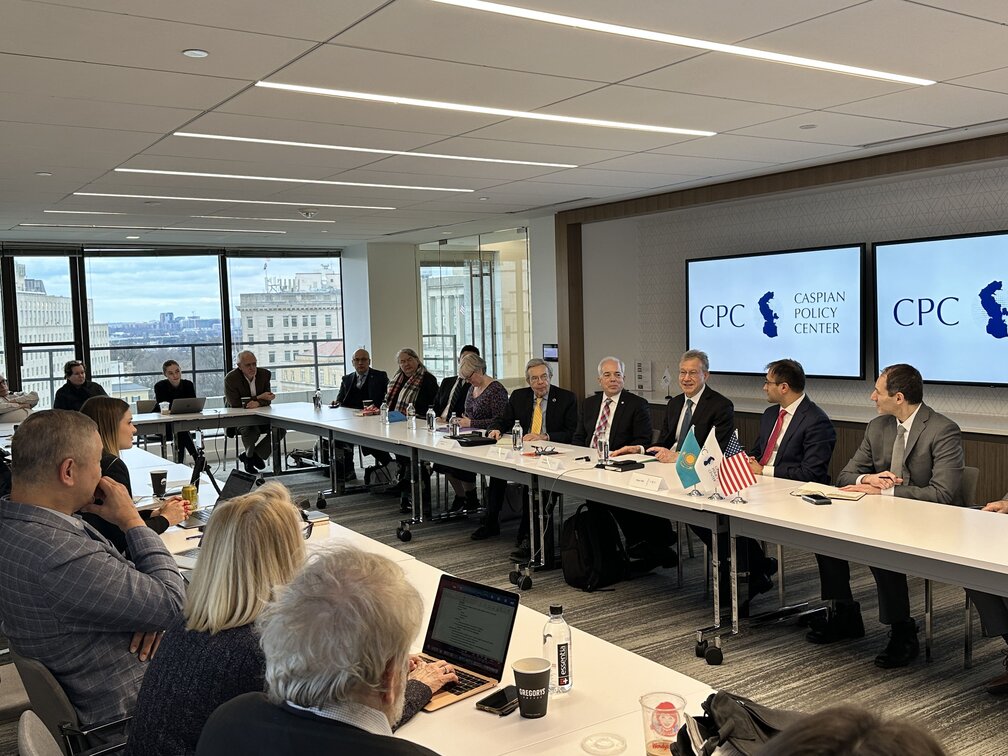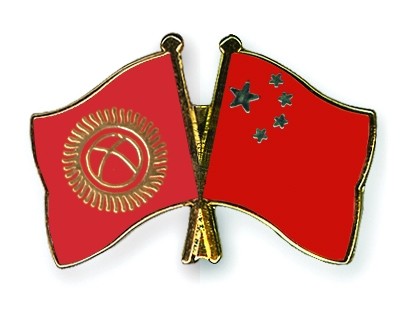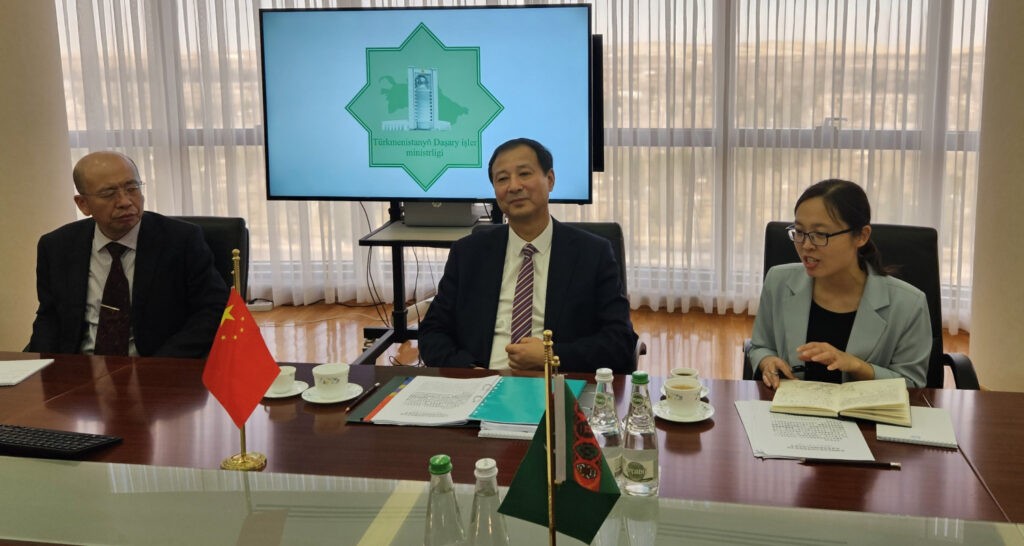Forum Of Uzbek Regions And Chinese Provinces Held In Xinjiang
On January 22nd the first Uzbek-Chinese interregional forum was held in the city of Urumqi, in China’s Xinjiang Uyghur Autonomous Region. The forum was attended by heads of key ministries, industry associations, chambers of commerce and industry, companies and more than 1,200 representatives of the business communities of the two countries. The Uzbek delegation at the forum was headed by deputy prime minister Jamshid Khojaev. The Chinese delegation was led by Ma Xingrui, secretary of the Party Committee of the Xinjiang Uygur Autonomous Region. In their welcoming speeches, the heads of both delegations stated that Uzbek-Chinese relations have entered a qualitatively new stage, which became possible thanks to the far-sighted policies of the heads of the two states, the Uzbek Ministry of Investment, Industry and Trade reported. The officials emphasized the positive dynamics of trade and investment partnership, with bilateral trade turnover having doubled and exceeding $14 billion over the past six years. It was noted that all the necessary capabilities are available to increase this indicator up to $20 billion in the coming years. The volume of utilized Chinese investments in Uzbekistan amounted to almost $15 billion. More than 2,000 enterprises with the participation of Chinese capital operate in Uzbekistan. In 2023 more than 60 projects worth almost $2 billion were successfully launched with the participation of Chinese companies, which are becoming leading partners in modernizing the country's industrial sector. Mr Khojaev and Mr Xingrui outlined the further steps to increase cooperation between the two countries, including through direct interaction between regions, emphasizing the importance of regularly holding exhibitions of the industrial and agricultural potential of the regions of Uzbekistan and the provinces of China. The heads of delegations called on business leaders to step up efforts to create high-tech industries based on the competitive advantages of the economies of the two countries, develop industrial cooperation to produce in-demand products and jointly develop new markets, as well as increase the volume of mutual trade. As a result of the forum, 27 documents were signed on the establishment of economic, trade and cultural ties between the regions of Uzbekistan and the provinces of China. In addition, a solid package of 30 agreements and contracts was signed between the business communities of the two countries.
